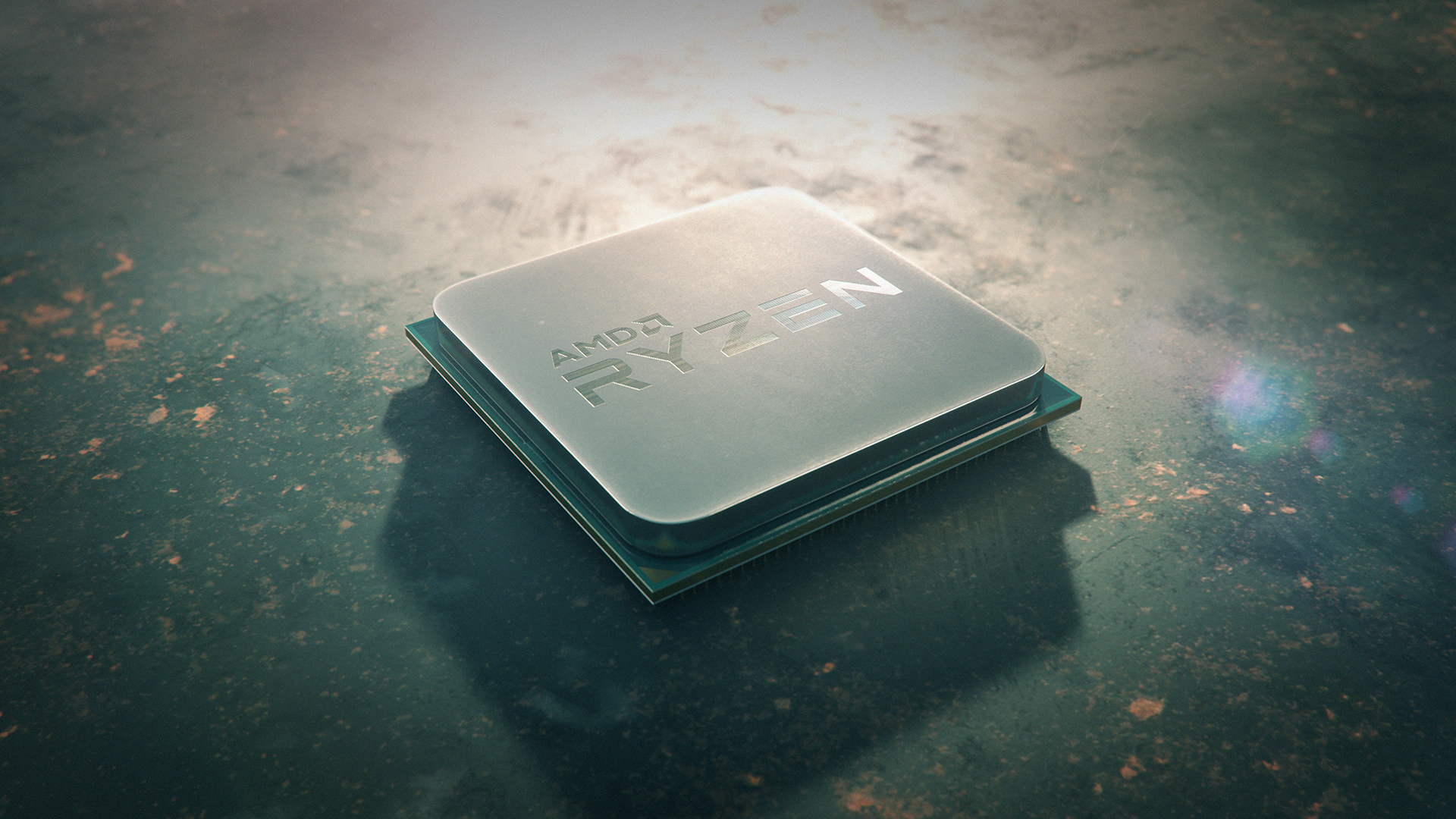AMD’s Ryzen 9000 processors run very nicely under Linux it seems, based on recently conducted testing – and indeed it’s a better OS than Windows 11 when it comes to the performance of Team Red’s latest desktop chips, based on one set of findings.
PC Games Hardware (PCGH) put the Ryzen 7 9700X through its paces and the German tech site compared the performance of the CPU in Nobara Linux 40 against Windows 11 24H2.
We’ll come back to the nuances therein, but the overall findings indicate that the mid-range processor was faster under Linux when gaming going by average frame rates across a clutch of popular titles.
These weren’t massive wins for Linux, but they were big enough to the tune of 5% to 10% or so (aside from one exception, World of Warcraft, which only witnessed a 2% difference in favor of Nobara).
This wasn’t just about gaming, but apps ran faster in Nobara too, such as 7-Zip, and synthetic benchmarks like Geekbench, again to a similar 5% to 10% level (though the Handbrake benchmark was an exception here, where Windows 11 was actually faster than Linux).
Neowin, which spotted this, also pointed to Phoronix.com’s benchmarking of not just the 9700X but also the 9600X running under Ubuntu, with glowing results.
Over almost 400 benchmarks, Linux experts Phoronix.com found that the 9700X was 1.15x faster than the 7700X, and the 9600X was 1.25x faster than its predecessor.
The site concluded that: “The raw performance results [of Ryzen 9000] alone were impressive for this big Linux desktop CPU comparison but it’s all the more mesmerizing when accounting for the CPU power use.”

Analysis: Here come the caveats…
Regarding the Nobara Linux versus Windows 11 showdown, obviously this looks good for the niche alternative to Microsoft’s OS, but we need to slow down a bit here before we start declaring a big win for Linux.
First off, this is just one set of testing from PCGH, and there aren’t that many comparisons drawn – particularly on the app side (which is hardly comprehensive, a scattering of synthetic benchmarks really).
Also, we need to bear in mind that Nobara is a gaming-focused distro (based on Fedora), and it’s being compared to Windows 11 24H2. As you may be aware, 24H2 is still in preview (though it’s live on Copilot+ PCs, those laptops aren’t running the full-fat version it should be noted) and as such, optimization work isn’t fully finished.
So, when it comes to the release of the full 24H2 update, which should roll out to everyone in the next couple of months (with any luck), it may well see Ryzen 9000 CPUs run faster (in fact, we’d be surprised if they didn’t).
This isn’t to take anything away from the performance of Nobara here, and the general speediness of the new Ryzen 9000 chips in Linux (Ubuntu) as illustrated in pinpoint detail by Phoronix.com. Clearly, Linux is a good match for the Ryzen 9000 range, which is great news for those exploring an alternative operating system to Windows.
Windows 11 users shouldn’t be downcast, though, as 24H2 may well still require optimization work to be finished off, as mentioned – and there are numerous other advantages of Microsoft’s OS compared to Linux besides performance, not the least of which is compatibility with PC games, naturally.
In short, anyone mulling a switch to Linux needs to think very carefully about a multitude of factors, whether they have a new Zen 5 processor or otherwise…
You might also like
Go to Source
Author:

